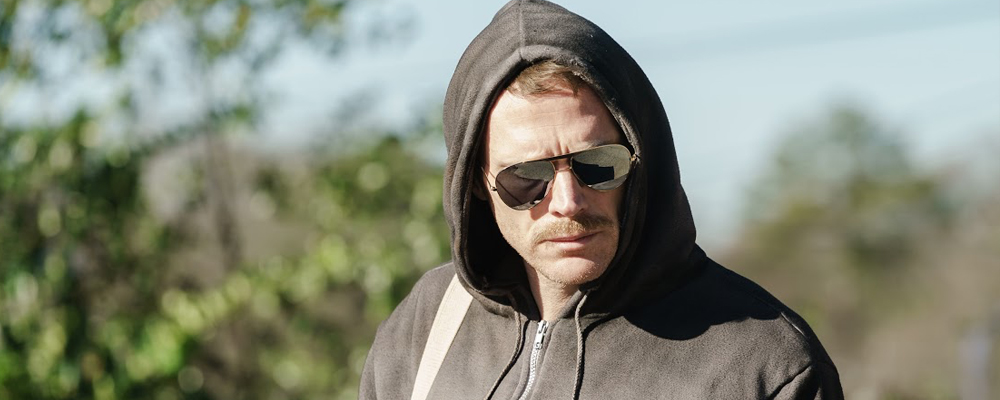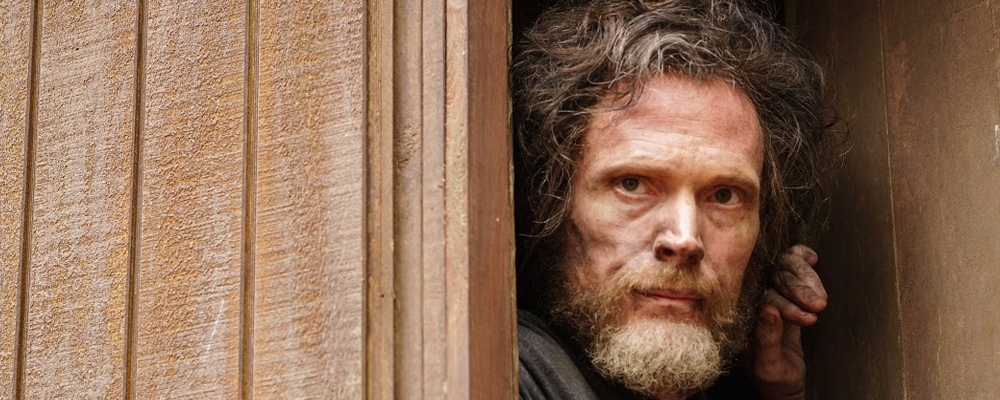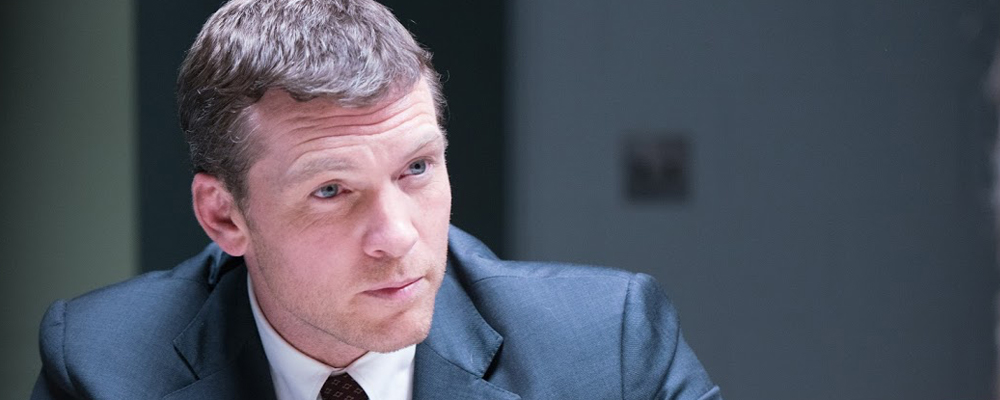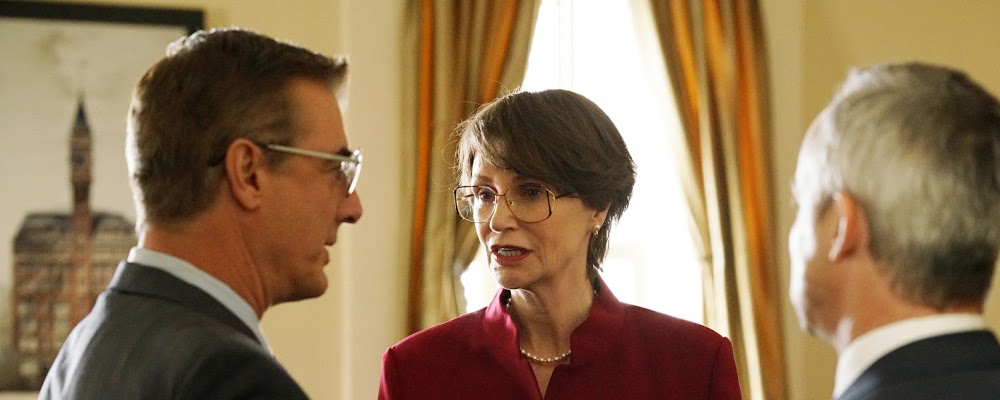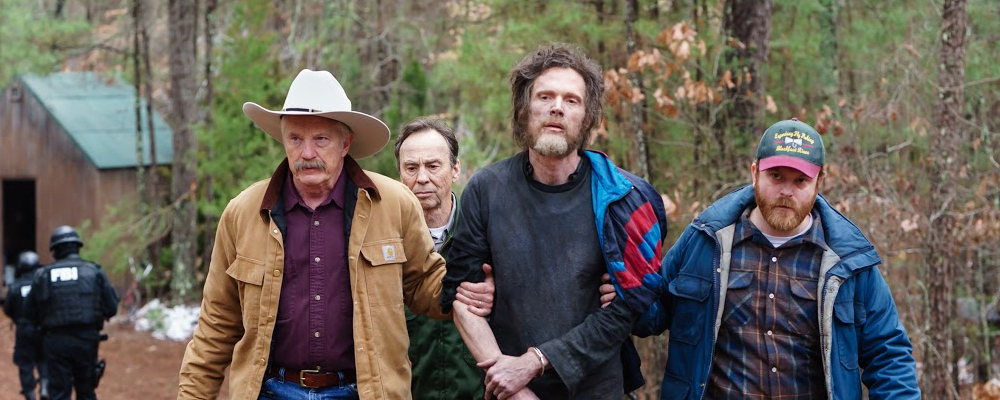‘Manhunt: Unabomber’ Dissembles Ted Kaczynski’s Manifesto Without Defusing the Message
Tony Sokol
The system works because everyone up the chain is an automaton, a sheep, mindlessly going about their business, living their lives until one day they get a package in the mail. Then comes the explosive realization that it could all blow up in your face. “Manhunt: Unabomber” presents a close-up look at the fear and paranoia that gripped America for almost 20 years as one man waged a solitary war against technology.
The Discovery Channel rebranded itself as a true crime outlet and is eager to establish itself in an increasingly crowded field. Netflix’s “Making a Murderer” and HBO’s “The Jinx: The Life and Deaths of Robert Durst” set high bars in long-form documentary miniseries offerings, and police procedurals are a dime a dozen. The scripted series “Manhunt” will take on high-profile crimes from an in-depth personal perspective. Their first subject is deadliest serial bomber in history, Ted Kaczynski, played by Paul Bettany as a thoughtful crusader. An intellectual giant with an IQ over 160, he is brought down by his own words and best intentions.
The earliest scenes establish the focus on the FBI. All crimes are solved by forensics and “Manhunt” displays the toys and tools of the trade proudly. We see the triangulation of the surveillance equipment, Ernie Espisito’s (Diesel Madkins) reconstruction of the bombs the Unabomber fashions, and lots and lots of shots of paper. The FBI is all about bureaucracy, and the forensics of linguistics is as demanding as the procedures of proper channels.
FBI agent Jim “Fitz” Fitzgerald (Sam Worthington) is an especially intelligent profiler. A forensic linguistics specialist snatched straight from school, he is called the best man for the job when he shows up for his first day at the Unabomber Task Force. The new kid on the block acts like the big man on campus soon after. Tasked with compiling a 15-page, typo-free profile by the Bay Area Divisional Head of the FBI, Don Ackerman (Chris Noth), Fitz wants to drop everything that was done before on the Unabomber and start over. He doesn’t bristle at being a cog in a machine, but becomes obsessive about the mechanism. FBI protocols hamper forward movement as he’s told to find “wood,” polite talk for erectile dysfunction, to feed the press.
As the Unabomber Task Force supervisor, Noth adds a familiar gravitas to the series, but he is not the top of the food chain. U.S. Attorney General Janet Reno (Jane Lynch) is an elusive figure in the early part of the series. Not even a disembodied voice on the phone, she is Kurtz in “Heart of Darkness.” Reno is still smarting from the public scrutiny that came from the Waco fiasco, and reluctant to move forward without certain assurances. Lynch plays Reno with restraint and a touch of wistful regret. The media frenzy surrounding the case is captured by the door banging of reporters. Penthouse founder Bob Guccione (Michael Nouri) threatens to turn everything into a circus.
FBI agent Stan Cole (Jeremy Bobb) wants Fritz to sing in tune with the rest of the orchestra. Master FBI Behavioral Analysis profiler Frank McAlpine (Brian F. O’Byrne) wants to hear the solo Fitz has been practicing for so long. Jim Fitzgerald’s wife Ellie (Elizabeth Reaser) knows the demons inside the cop go back a long way before the Unabomber case. He is a man at odds with blind obedience in the service of justice. The two men’s lives parallel each other’s as both retreat from encroaching technology into natural intelligence.
Kaczynkski was “doomed to be a freak from the start.” In the flashbacks to 1953, where the young math whiz Kaczynski (John Berchtold) is skipped head two grades at school in Evergreen Park, Ill., we see a tortured outsider who takes refuge in the woods. Ted’s younger brother David Kaczynski (Mark Duplass) is the ultimate betrayer, but this isn’t a Cain and Abel story. The two brothers supported each other throughout their lives, but guilt grows heavy.
The Unabomber takes credit for his destruction under the name Freedom Club. He begins by targeting universities and airlines, which pegs him as a former aircraft mechanic with a low IQ. Fritz knows this is not the case. He understands there is a philosophy at the center of the attacks. By the time the Manifesto, unfortunately named as far as Kaczynski is concerned, finally hits the Washington Post, the profiler agrees with some of the concepts. He still won’t run a red light in the middle of the night when no one is looking, but he knows the freedom is there to do it. He bristles at obedience, and is able to talk one-on-one with Kaczynski as intellectual equals. Though he can identify with the postal-terrorist, Fritz doesn’t cut him any slack. He’s the Unabomber. He’s evil.
The run-through of the Unabomber’s past crimes grow more violent as the crimes progress. The bodies are properly grotesque, especially one which has been ripped in half. But the best gore makeup comes from one of the still-living victims, hands burnt painfully, as he stumbles from the scene of a crime.
The settings are naturalistic, from the airports and urban hustle, to Kaczynski’s lonely shack in the wood. The shifting time periods are caught matter-of-factly, with references to the new technology of cell phones. TV news clips from the time show familiar newscasters like Peter Jennings, Dan Rather and Matt Lauer bring further realism.
“Unabomber: Manhunt” is sensitive to the concerns Kaczynski raises about society. It doesn’t make him look particularly unhinged. The sense he makes is subtext for the doubts of the FBI profiler, while fueling his resolve. While a lot of what he gleans from the technical paranoia makes perfect sense, he is still a cop and the series is still a police procedural, layered and nuanced, but sitting safely in polite society. It took the FBI 17 years to capture Kaczynski after his first bombing in 1978, and his message is increasingly pertinent. But this is a review, not a manifesto.
“Manhunt: Unabomber” premieres on the Discovery Channel Aug. 1 and airs Tuesdays at 9 p.m. ET.

